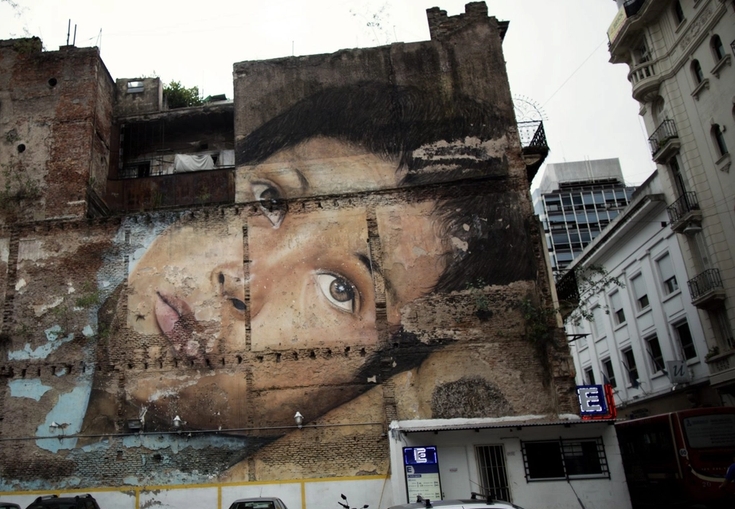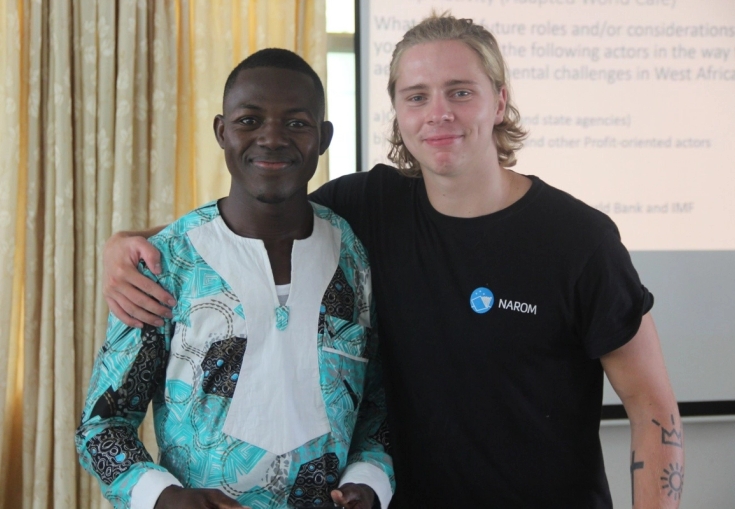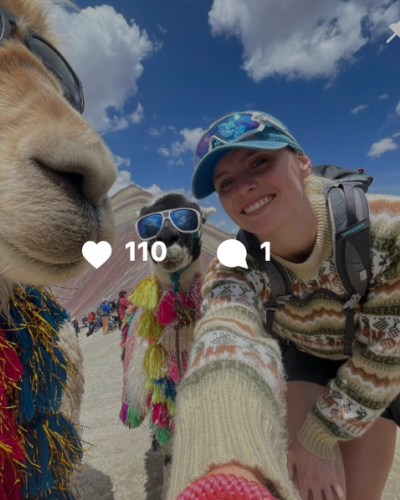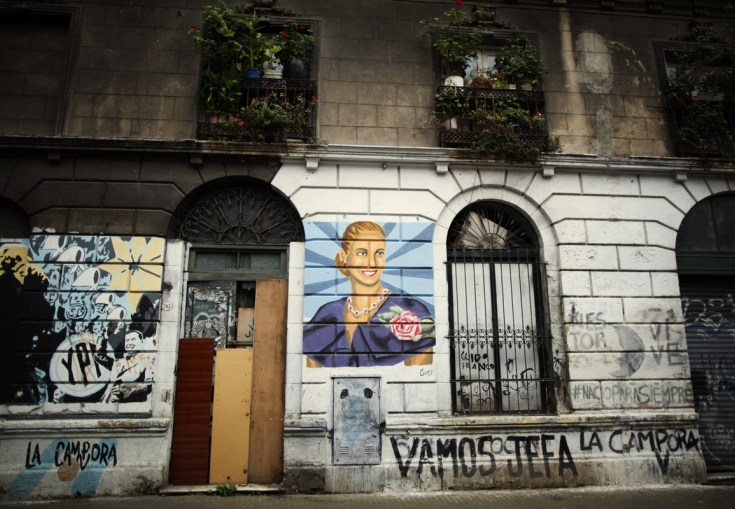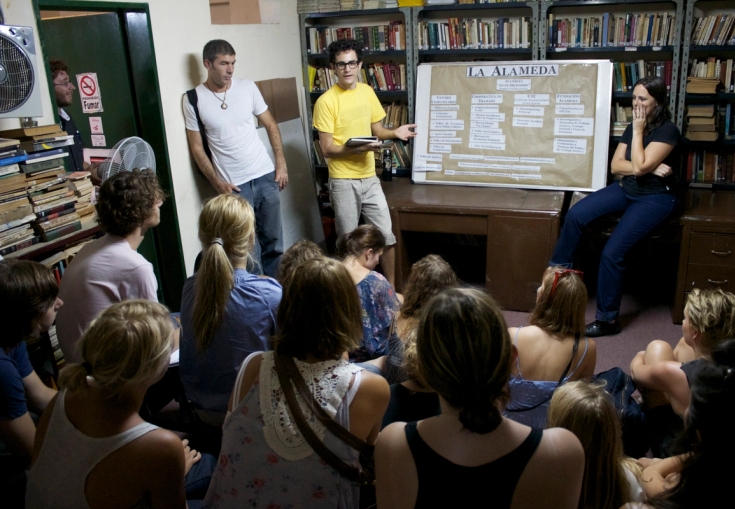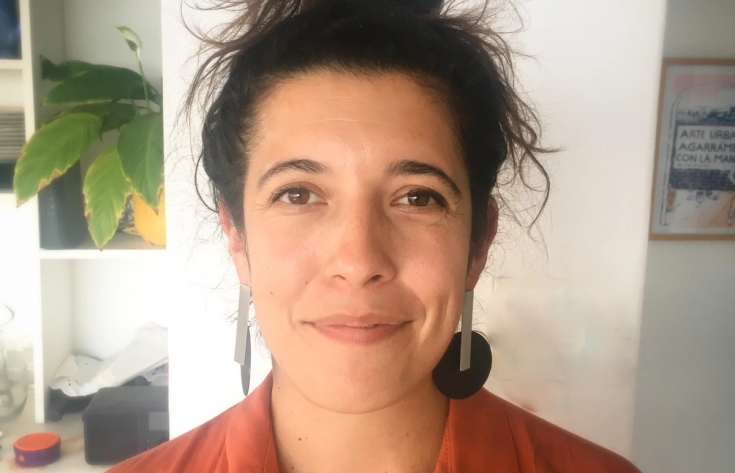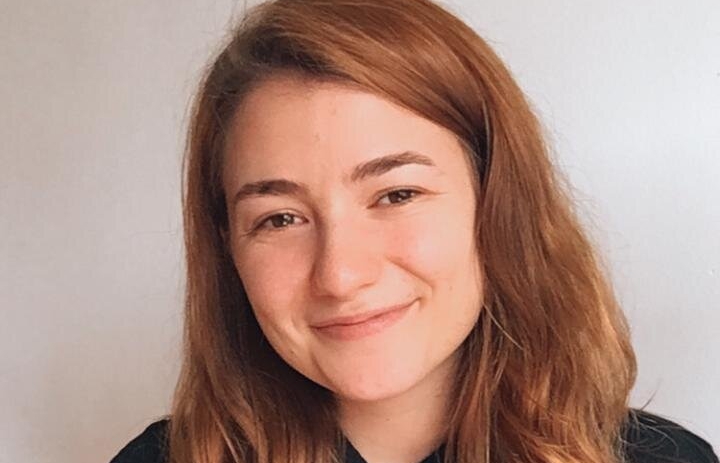Power, politics and religion
In collaboration with OsloMet
Forthcoming semesters:
The world is characterized by increasing wealth disparities, major environmental challenges, and physical and cultural conflicts. Do you want to understand more about why this is so, and what opportunities for positive change exist? Then you would be wise to study what power and counterpower are, and what role history, institutions, culture, identities, and religions play. Hardly any part of the world is better suited to such studies than South America.
Practical details
- Application deadline:
- Rolling admission
- Forthcoming semesters:
- 15 February or 7 September
- Duration:
- 10 weeks in Argentina (13 with Spanish course)
- Time and date:
- Choose: Autumn or spring
- Programme fee:
- 7500 EUR
- ECTS:
- 30 ECTS
About the programme
The course is based on an interdisciplinary approach and examines perspectives from fields such as history, political science, economics, geography, and social anthropology. You will learn, among other things, about the emergence of religious and political institutions, economic inequality, issues of identity, conflicts over natural resources, and indigenous perspectives.
Through intensive weeks, students explore key questions related to power, politics, and religion in South America, with a particular focus on three countries: Argentina, Brazil, and Bolivia.
Learn about Buenos Aires
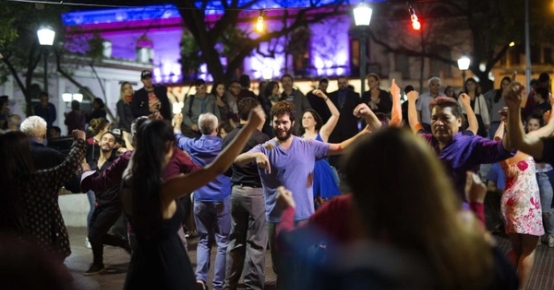
- Argentina
- Spanish in Argentina
- Inspiration
